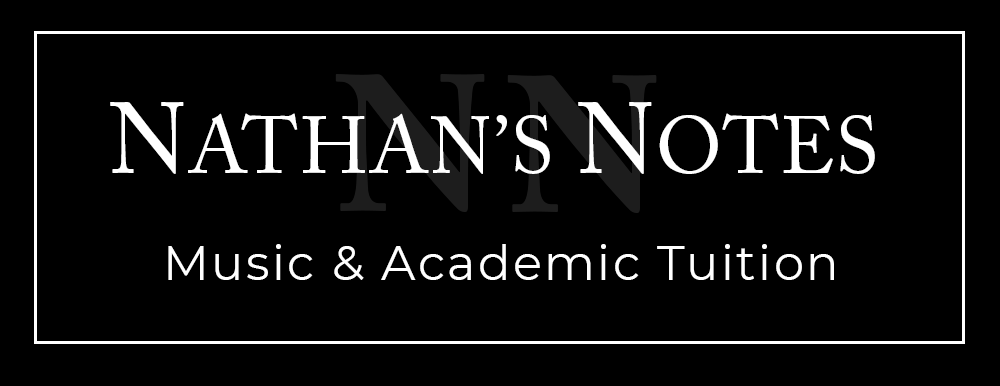HOW WE TEACH PIANO FOR YOUNGER LEARNERS
Percy Piano Club has been established for budding young pianists aged from 5 years old. It is a 20 minute lesson via Zoom, Skype or WhatsApp that runs after school, weekends and during the school holidays.
A fun based learning platform that allows your children to play their own favourite songs and tunes.
Learn to play piano at home in a relaxed atmosphere in your own familiar surroundings.
Percy Piano Club sessions are easy to follow and very affordable.
Opportunity to win the Maestro of the Month award!
Benefits of children learning to play Piano
Improves concentration and confidence, helps with discipline, attention and memory.
Promotes relaxation.
Playing an instrument is a gift for life.
YOUR TUTOR

NATHAN EAGAN
Associated Board of The Royal Schools of Music
Bachelor of Arts with Honours
HOURLY RATES
£10
20 Minutes
via Zoom, Skype or WhatsApp
ABOUT PIANO
The piano is an acoustic, stringed musical instrument invented in Italy by Bartolomeo Cristofori around the year 1700. The strings are struck by wooden hammers that are coated with a softer material. It is played using a keyboard, which is a row of keys (small levers) that the performer presses down or strikes with the fingers and thumbs of both hands to cause the hammers to strike the strings.
The word piano is a shortened form of pianoforte, the Italian term for the early 1700s versions of the instrument. The name was created as a contrast to harpsichord, a musical instrument that does not allow variation in volume; compared to the harpsichord, the first fortepianos in the 1700s had a quieter sound and smaller dynamic range.
Most modern pianos have a row of 88 black and white keys, 52 white keys for the notes of the C major scale (C, D, E, F, G, A and B) and 36 shorter black keys, which are raised above the white keys, and set further back on the keyboard. This means that the piano can play 88 different pitches (or "notes"), going from the deepest bass range to the highest treble. The black keys are for the "accidentals" (F♯/G♭, G♯/A♭, A♯/B♭, C♯/D♭, and D♯/E♭), which are needed to play in all twelve keys.
The piano is widely employed in classical, jazz, traditional and popular music for solo and ensemble performances, accompaniment, and for composing, songwriting and rehearsals. Although the piano is very heavy and thus not portable and is expensive (in comparison with other widely used accompaniment instruments, such as the acoustic guitar), its musical versatility (i.e., its wide pitch range, ability to play chords, louder or softer notes and two or more independent musical lines at the same time), the large number of musicians - both amateurs and professionals - trained in playing it, and its wide availability in performance venues, schools and rehearsal spaces have made it one of the Western world's most familiar musical instruments.
[source: wikipedia]
"You see a small child and 88 keys. I see potential."

